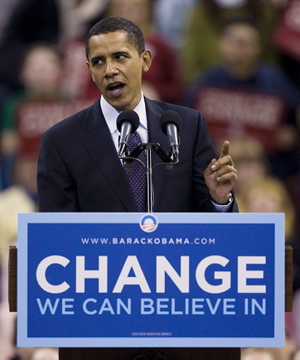
A few days ago I saw the title of an article on the New York Times web page that immediately got my attention. The article was called "The Simple Life" and it proved to make a strong connection to Henry David Thoreau's thoughts regarding simplicity.
The article spoke about the increasing popularity of a Buddhist monastery in upstate New York; the members of the monastery meditate and do what is called "work practice", or scrubbing toilets, raking leaves, etc., all day long. These people are living very simple and tranquil lives. The particularly interesting part about this monastery is that a large portion of the members do not regularly practice or believe in Buddhism and are everyday Americans. So who are these people and why are they meditating in a monastery?!
"Philipp Malkmus, a 30-year-old consultant for PricewaterhouseCoopers, said the rigorous agenda at Zen Mountain Monastery over the Halloween weekend actually left him refreshed. 'It wasn't fun in the traditional sense, but it was the opposite of my life in New York City and a return to a very uncomplicated way of living,' he said. 'It gave me the rest and relaxation I was looking for.' "
These people want simplicity! Henry David Thoreau spends a lot of time in his novel, Walden, expressing the importance of making our unnecessarily complex lives more simplistic. Thoreau, as Phillip Malkmus had, left the busy city life and found a simpler life elsewhere. In the woods, Thoreau built an extremely basic shelter to live in, only used necessary supplies, and lived mainly in undisturbed solitude. In that type of environment one is able to focus on the important aspects of life and human nature; now many modern day Americans are following the same path.
The article I read stated that the present amount of attendees is shocking; usually the monastery is not even half full. Additionally, the fact that the attendees flowing in are everyday Americans looking for some simplicity says a lot. The individual, the city, the country, and the world have all become more complex. The amount of complexity that humans can take on may be reaching its limit, and people will be forced to begin simplifying their lives by eliminating unnecessary factors. Thoreau would be excited at this idea, for now people will be physically and mentally able explore themselves, the truth of Man, the truth of nature, and the truth of life.
Link to "The Simple Life" article: http://travel.nytimes.com/2008/12/12/travel/escapes/12ashrams.html?hp












